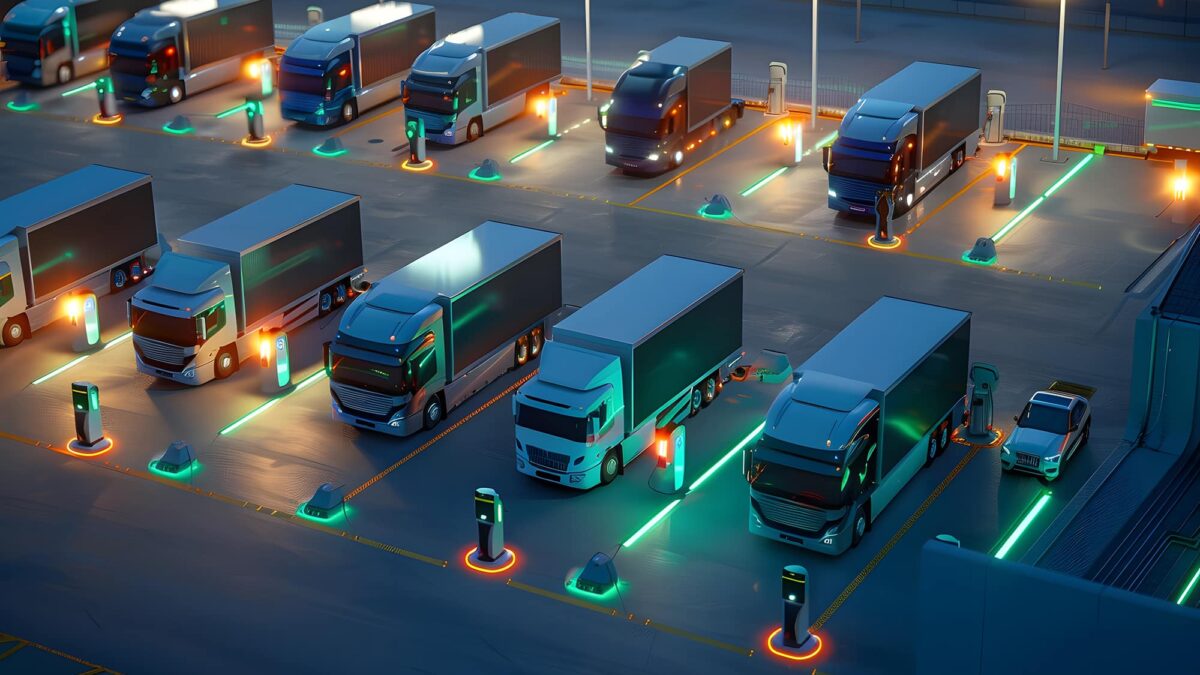Table of Contents:
- Introduction to Urban Parking Challenges
- The Role of Technology in Modern Parking Solutions
- Sustainable Parking Practices
- The Future of Parking Automation
- Enhancing Urban Mobility with Smart Parking
- Economic Impacts of Improved Parking Infrastructure
- Real-Life Examples of Successful Parking Management
- Conclusion: The Road Ahead for Urban Parking
Introduction to Urban Parking Challenges.

Urban areas worldwide are increasingly grappling with the complexities of parking management. As these populations swell and the number of vehicles on the roads multiplies, efficient parking management strategies have become critical in sustaining urban growth. The role of parking management companies has evolved, focusing on delivering innovative solutions that enhance driver convenience and bolster urban infrastructure’s resilience. These solutions aim to reduce congestion and improve traffic flow in crowded areas. As cities grow and parking demand rises, urban managers are exploring more innovative strategies to enhance parking efficiency and facilitate smoother traffic.
The Role of Technology in Modern Parking Solutions.
Technology is pivotal in redefining contemporary parking solutions. Modern parking systems leverage sensors and mobile apps to deliver real-time parking data to drivers, significantly reducing the time spent searching for open spaces. By integrating these intelligent systems, urban centers can improve traffic flow and enhance overall driver satisfaction. Innovations like these in innovative parking systems are transforming how cities manage their parking resources, leading the charge toward more intelligent urban management.
Sustainable Parking Practices.
Incorporating sustainable practices is increasingly becoming a focus for urban areas looking to reduce their environmental impact. Green parking lots utilize sustainable landscaping, solar-powered lighting, and permeable pavements to manage stormwater runoff. Such eco-friendly designs not only minimize parking facilities’ carbon footprint but also promote biodiversity and improve air quality, contributing to the overall health and well-being of urban residents.
The Future of Parking Automation.
Automation represents a paradigm shift in how parking facilities operate. From robotic parking garages that optimize space utilization to the integration of autonomous vehicles that can park themselves, the future of parking management is deeply entwined with automation. Despite technological adoption costs and regulatory hurdles, the transition toward automated parking solutions promises significant benefits in enhanced efficiency, space utilization, and user convenience.
Enhancing Urban Mobility with Smart Parking.
Innovative parking technologies are critical in improving urban mobility. By providing accurate, up-to-date parking information, these systems can directly reduce traffic congestion by guiding drivers to available spaces more efficiently. The ripple effect of this reduction is significant, easing city traffic, lowering emissions, and improving public transit reliability. The research on urban mobility improvements highlights the implementation of intelligent parking systems, which supports more sustainable urban development efforts.
Economic Impacts of Improved Parking Infrastructure.
Enhanced parking infrastructure can provide profound economic benefits, not just for cities but also for local businesses. Effective parking management can decrease hidden traffic congestion costs, fuel waste, and vehicle emissions. Moreover, improved access and reduced congestion make urban centers more attractive for businesses, boosting local economies. Investing in parking infrastructure is an investment in a city’s future, leading to long-term sustainability and economic vitality.
Real-Life Examples of Successful Parking Management.
Cities like Amsterdam, San Francisco, and Tokyo are leading by example in their innovative approach to parking management. Amsterdam’s initiative to curb parking in favor of bike use and public transport has proven effective in reducing traffic and improving air quality. Similarly, San Francisco’s adaptive pricing model for parking spaces has optimized space usage while encouraging the use of public transportation. Tokyo’s integration of high-tech solutions into parking operations showcases the benefits of technological advancements in urban settings. These cases offer valuable insights into effective parking management strategies.
Conclusion: The Road Ahead for Urban Parking.
As cities grow, the demand for innovative parking solutions will remain at the forefront of urban planning discussions. Cities can address parking challenges effectively through continuous efforts to adopt new technologies and sustainable practices. This paves the way for smoother urban mobility and fosters an environment conducive to economic growth and enhanced quality of life. The future of urban parking is one of innovation and sustainability, shaping more livable and efficient urban landscapes.
Leave a Reply